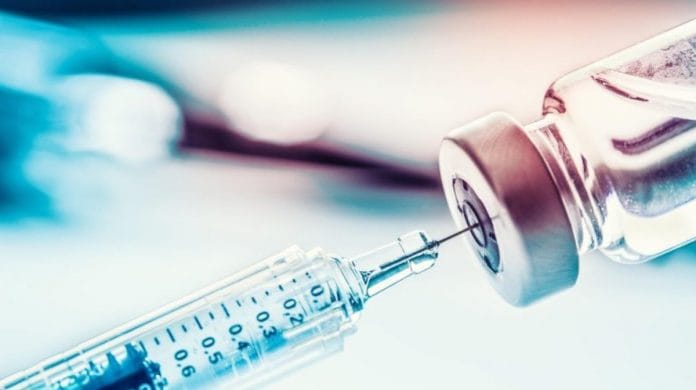New Delhi: Terming Russia as a “very special friend” who has reached out to India for manufacturing and phase III trials of its Covid-19 vaccine Sputnik V, Dr V.K. Paul, member (health) of NITI Aayog, Tuesday said the central government was facilitating talks between interested companies in the country and their Russian counterparts.
Dr Paul said, “The government of Russia reached out to the Government of India through appropriate channels and sought help on two counts — one was to consider its (the vaccine) manufacturing through a network of companies that are well known for vaccine manufacturing … and of size, volume and quality that is among the very best in the world. So the intent was that this can be manufactured by Indian companies at a large scale.
“The second part of the request was that they have done phase I and II trials and the results were published in The Lancet last week. Whether phase III or bridging studies could be conducted (in India) and for that regulatory clearances and partners etc.”
The Indian government, he added, attaches great importance to Russia’s offer.
“It is an offer from a friend and one who has been a very special friend of the country … There has been outreach extended to several companies in India and two, three, four of them have already come forward and are talking to their Russian counterparts. The government is facilitating,” he said.
The health official also said the coming together of both nations was a “win-win” situation for both India and the world.
Sputnik V is an adenovirus vector-based vaccine that was registered by the Russian health ministry on 11 August. It is the world’s first registered Covid-19 vaccine, though there had been misgivings about it before the trial data was published last week.
Talking about the upcoming indigenous vaccines, Dr Paul also said that the Serum Institute of India, which is working on the vaccine developed by Oxford University, has “unimaginable” capacity of manufacturing 75-100 million doses a month. The phase III trials for this vaccine are expected to start next week.
Also read: Many things about Covid, including vaccine efficacy, still unknown — top Indian experts write
‘Everyone should get tested’
In a massive departure from the government’s earlier restrictive testing regimen, Dr Paul made an impassioned plea that people come forward to get tested, especially symptomatic patients.
“Our numbers are going up and not stabilising. Part of the reason is increased testing. The other reason is large sections of the population are still vulnerable. There is a stage of the pandemic when numbers look like this. The important thing is to not be scared of testing. It is readily available in both government and private sectors.
“Not testing is dangerous for you and the system. You can cause problems for society and your family. Now we have on demand testing, we do not need prescriptions for testing,” Dr Paul said.
Asked if India’s early testing restrictions was the reason why India has become the country with the second highest number of coronavirus cases today, Dr Paul said the earlier strategy was based on the science of the day and limited resources.
“It is a new virus, everybody was learning in February, March. This was the time when all diagnostic kits were imported. We had to be strategic. We were looking at a relatively small size of pandemic then. Now we are looking at a different size and responding differently,” he said.
Health Secretary Rajesh Bhushan said there were still instances in which symptomatic people who had tested negative using rapid antigen tests were not screened with the RT-PCR, which is a violation of the guidelines set down by the Indian Council of Medical Research, the apex medical research body in the country.
‘Numbers may stabilise soon, but primary prevention is key’
There were signs, Dr Paul said, that coronavirus numbers may stabilise in India soon. But the important thing was to not become negligent, which, he said, was a common complaint from various state governments.
“Self discipline is the reason why we have done this well so far. If we break it now, it is very bad. We need to use masks 100 per cent, at all times, practice social distancing. Avoid large groups to avoid super spreading events.
“Practice the immune boosting Ayurveda principles that the Prime Minister recommended, do yoga. These messages are very important now. We were earlier going from 5,000 to 10,000 cases. Imagine where we go from 80,000 … primary prevention is very important,” Dr Paul added.
Also read: Pfizer’s Covid vaccine is on track for regulatory review in October






